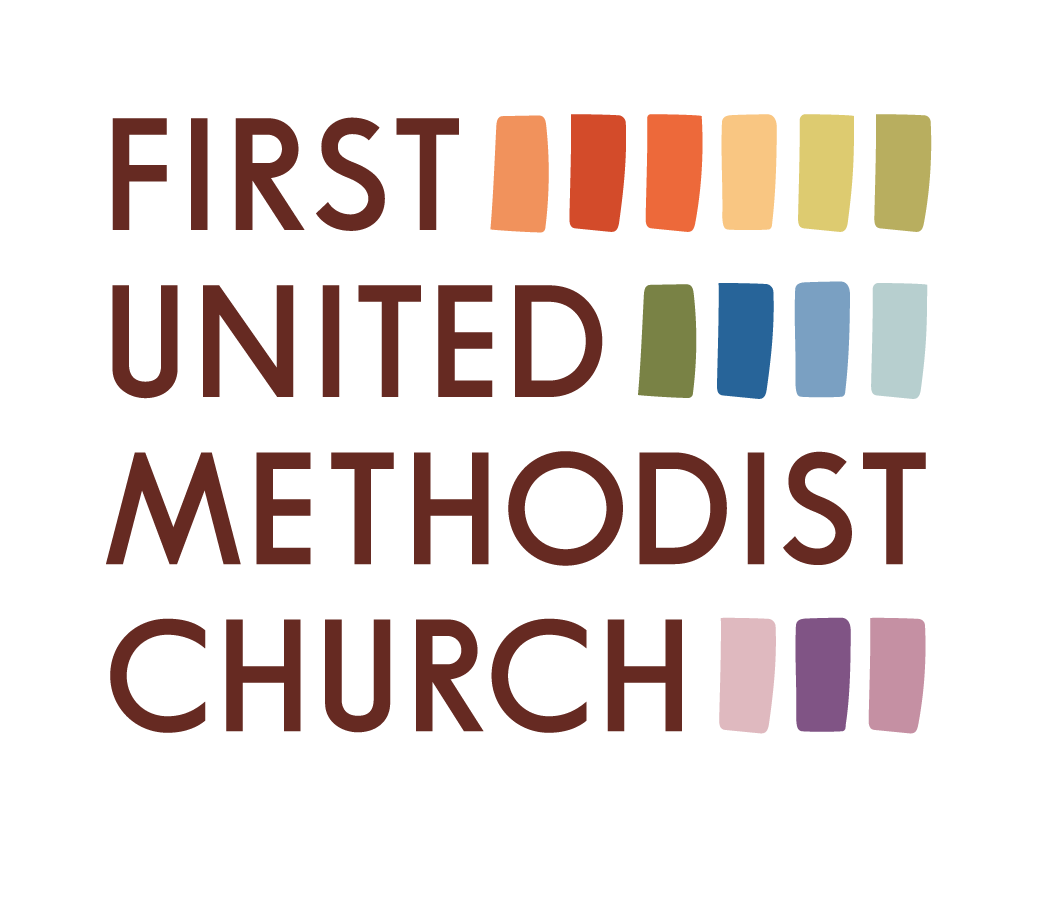Half Truths
“I solemnly swear to tell the truth, the whole truth, and nothing but the truth.”
There are a lot of half-truths hanging out in our world. Some are innocent and simply don’t catch the whole picture. Others are intentionally deceptive. We encounter these half-truths all over the place, from legislation (especially their titles) to marketing campaigns to our understanding of complex social issues to our relationships to our life of faith. Fact checking is no longer a measure of extra precaution, but a regular way of life.
Because life as a human is so complex, my husband and I have always kept a “no lying” policy with each other- including lies of omission. Even still, we occasionally find ourselves needing to clarify what had unintentionally become a half truth. It is hard work to tell the truth, the whole truth, and nothing but the truth!
The oath of a testifying witness is not unlike how many in the Christian faith strive to live. Many try to learn, live by, and share the whole God breathed truth as far as we know it. “I am the Way and the Truth and the Life,” Christ says. So the way of Jesus is the way of the whole truth. Easy, right? If Jesus said it, we believe it, and that settles it. Right…?
If you are a person of faith, you may already know that there is a lot more to it. The words of Christ are nuanced, open to interpretation in all manner of ways according to your context and reading lens (we call this your hermeneutic). Your identity, how you were raised, your experience in the world: all this impacts how you read scripture. Furthermore, the sacred words of the Bible are often contradictory and representative of a different context. Even more than this, cultural Christianity has often propped up ideologies, aphorisms, and phrases that are not actually quite the whole truth – and certainly not Biblical.
This is the mire we are diving into in our worship series, Things Jesus Didn’t Say. Each week we’ll take a phrase that sounds like it sure could be in the Bible but only represents half (or less) of the truth. We’ll take a deeper look at phrases like:
God helps those who help themselves
The Bible says it and that settles it
Everything happens for a reason
God won’t give you more than you can handle
Many of us have heard one or more of these phrases, and many of us have said these phrases. These phrases try to get at the whole truth of the Gospel, but each fall short in their own way. Whether a half-truth is intentionally deceptive or just misses the whole picture, it still has the power to harm. Each week we’ll share our perspective on what may be a more truthful version of things, providing a stronger toolkit to do no harm and even do good. At the end of the series, we’ll talk about the ground we’ve got to stand on that helps us figure out when we’re looking at a half-truth and what to do about it, whether that half-truth is about how we engage politics as faithful people or how we work with God so that we and others can thrive.
One thing I’m looking forward to is the preaching line up of this series. Each week, a different preacher will tackle a different aspect of these half-truths. Like shining light through a prism, each of our perspectives helps us get to the full, colorful, rainbow of truth.
See you Sunday!
In peace and truth,
Pastor Karyn

